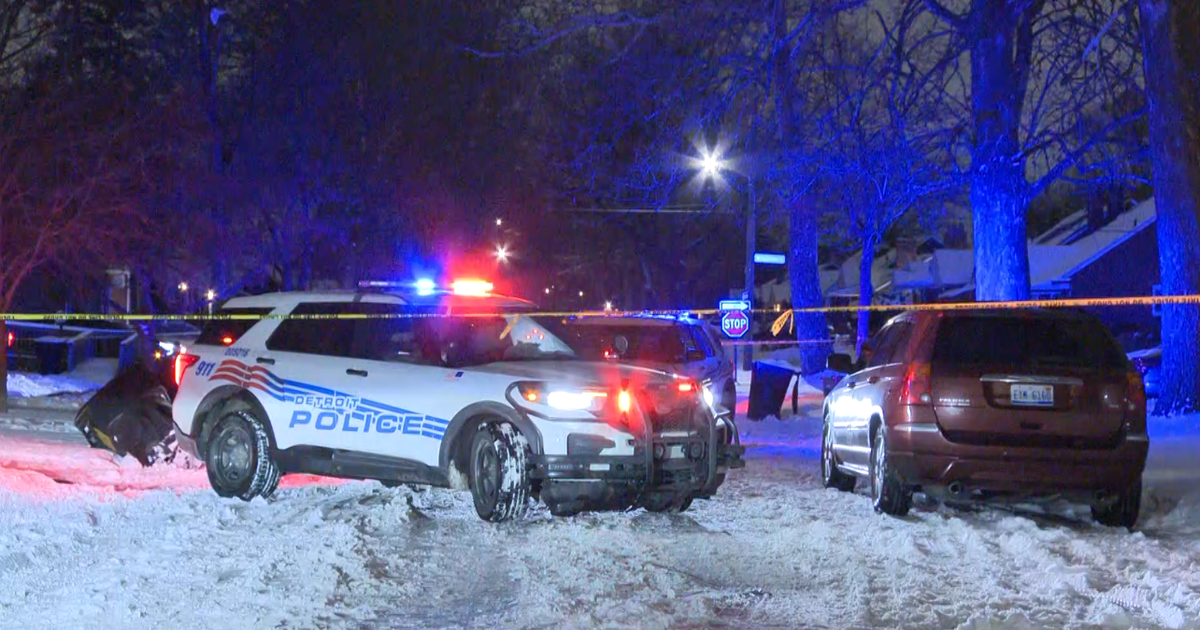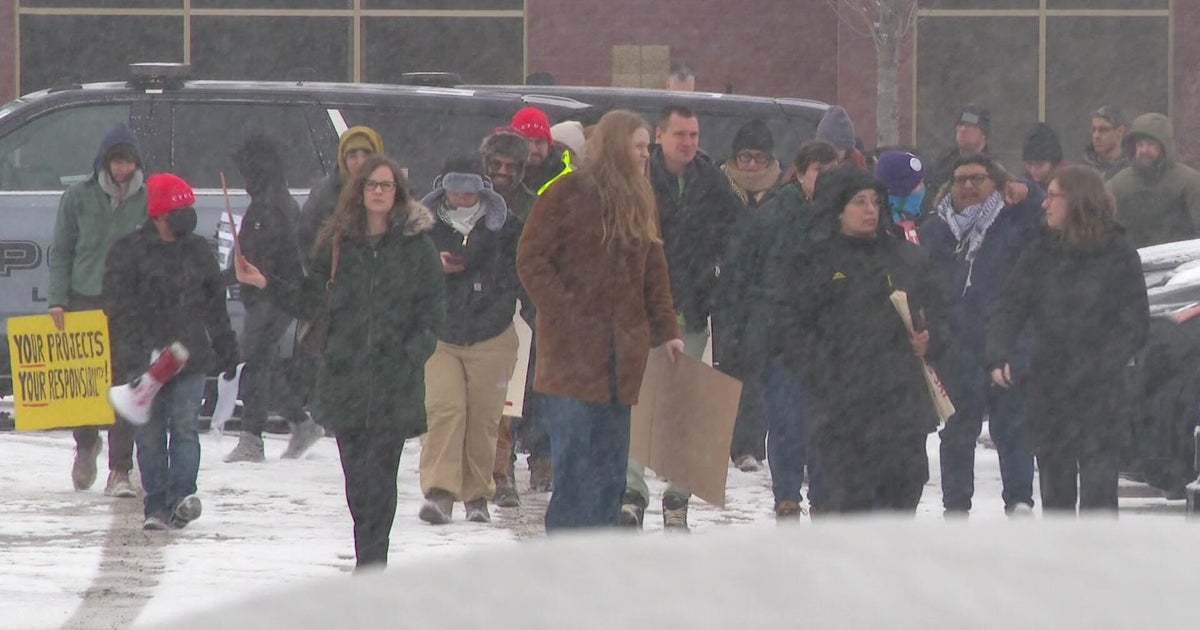Arlen Specter, Pennsylvania's Longest Serving US Senator, Dead at 82
By Mark Abrams
PHILADELPHIA (CBS) -- US Senator Arlen Specter, whose political career took him from Philadelphia City Hall to the US Congress, died Sunday morning at his home in Philadelphia at the age of 82 from complications of non-Hodgkins lymphoma.
His career was marked by what the pundits and Specter himself called "fierce independence." But long before Specter ever stepped onto the Senate floor in Washington DC, he made it into national prominence by serving as assistant counsel for the Warren Commission, which investigated the 1963 assassination of Pres. John F. Kennedy.
Specter postulated the controversial "single-bullet theory" that was eventually embraced by the panel and still stands to this day, despite the cry of conspiracy theorists who say there was more than one gunman in Dallas that November day.
"Admittedly a strange path for a bullet to take, but sometimes truth is stranger than fiction," Specter said.
See Also: Political Figures React To Death Of Arlen Specter
-----
PHOTOS: Arlen Specter Through The Years
Arlen Specter's roots stretch back to Wichita, Kan., where he was born in 1930, the son of Russian Jewish immigrants.
His family moved east to Philadelphia during the Depression to live with relatives.
It is that part of his early life which figured into his 2009 vote in favor of Pres. Obama's economic stimulus package despite strong opposition from fellow Republicans.
"A very, very difficult decision as to whether to support the vote for a stimulus," Specter recalled in a recent interview, "being the critical vote on getting it passed -- which ended up costing me my seat in the United States Senate."
But long before Washington beckoned, Specter ran for Philadelphia district attorney -- first in 1965, serving two terms.
He also ran for mayor of Philadelphia, but Democratic incumbent mayor James Tate beat him in 1967.
-----
Specter was defeated in his bid for a third term as DA in 1973.
A graduate of the University of Pennsylvania and Yale Law School, Specter went back into private practice for a few years before surfacing for an unsuccessful bid for US Senate in 1976, suffering a narrow primary defeat at the hands of John Heinz.
He also ran for governor of Pennsylvania in 1978 and lost in the primary to Dick Thornburgh, who went on to serve two terms.
Finally, in 1980, it was Specter's time. Sen. Richard Schweiker announced his retirement, and Specter ran for and won Pennsylvania's second US Senate seat, taking office in 1981. He served there for 30 years.
His tenure was not always smooth. In 1991, while sitting on the Senate Judiciary Committee during the confirmation hearing for Supreme Court nominee Clarence Thomas, Specter grilled Anita Hill about sexual harassment allegations she made against Thomas.
(Specter:) "You took it to mean that Judge Thomas wanted to have sex with you, but in fact he never did ask you to have sex. Correct?"
(Hill:) "No, he never did ask me to have sex."
Dismissing the controversy, Specter insisted he damaged Hill's credibility enough for Thomas to win confirmation to the court.
Specter had a brief flirtation with presidential ambitions when he announced his candidacy for the White House in the spring of 1995. But he dropped out of the race a few months later to support fellow US senator Bob Dole, who lost to then-president Bill Clinton.
Specter was described over his many years in office by politicians of both parties in Pennsylvania as someone willing to work with the opposition and cross the aisle to get what his constituents needed.
But Specter abandoned the Republican Party in 2009 and switched his registration back to Democrat -- the party in which he was first registered as an adult in 1951 -- as the GOP prepped a primary challenger (Pat Toomey) in retribution for Specter's vote supporting the stimulus package. Specter had narrowly defeated Toomey in a bruising primary battle in 2004.
Specter recently conceded in an interview that although the Obama White House promised its full support of his candidacy after the stimulus vote and party switch, he didn't see it.
"When the campaign came, he didn't show up," Specter said.
Specter lost in the 2010 Democratic primary, to Joe Sestak. Sestak went on to lose the general election to Toomey.
In 2005 Specter announced he was battling an advanced form of cancer, Hodgkin's lymphoma.
He underwent chemotherapy treatments and the disease went into remission. But it returned in the spring of 2008 and, again, Specter took more chemotherapy to send the disease back into remission.
-----
In the months since leaving politics, Specter taught a class at the University of Pennsylvania law school on Congress and the courts, and continued to speak out about various issues.
He wrote and released a book this past March about the incivility in Washington DC, titled Life Among the Cannibals, A Tea Party Uprising, And the End of Governing As We Know It.
Specter also spoke recently about the presidential race, saying he is disappointed in Pres. Obama's policies and feels if Mitt Romney stands a chance to capture the White House, he'll have to veer more toward the center.
"The primary process has moved the Republican nominee so far to the right, he's going to have to make a sharp U-turn," Specter said.
Specter is survived by his wife, Joan, sons Shanin and Stephen, and four grandchildren.
A funeral service will occur on Tuesday, October 16 at Har Zion Temple at 1500 Hagys Ford Road, Penn Valley, PA and will be open to the public (no camera's or recording devices). Interment will immediately follow the funeral service and will occur at Shalom Memorial Park at Pine and Byberry Roads in Huntingdon Valley, PA. In lieu of flowers, contributions may be made to Philadelphia University or another charity.
------------------------







